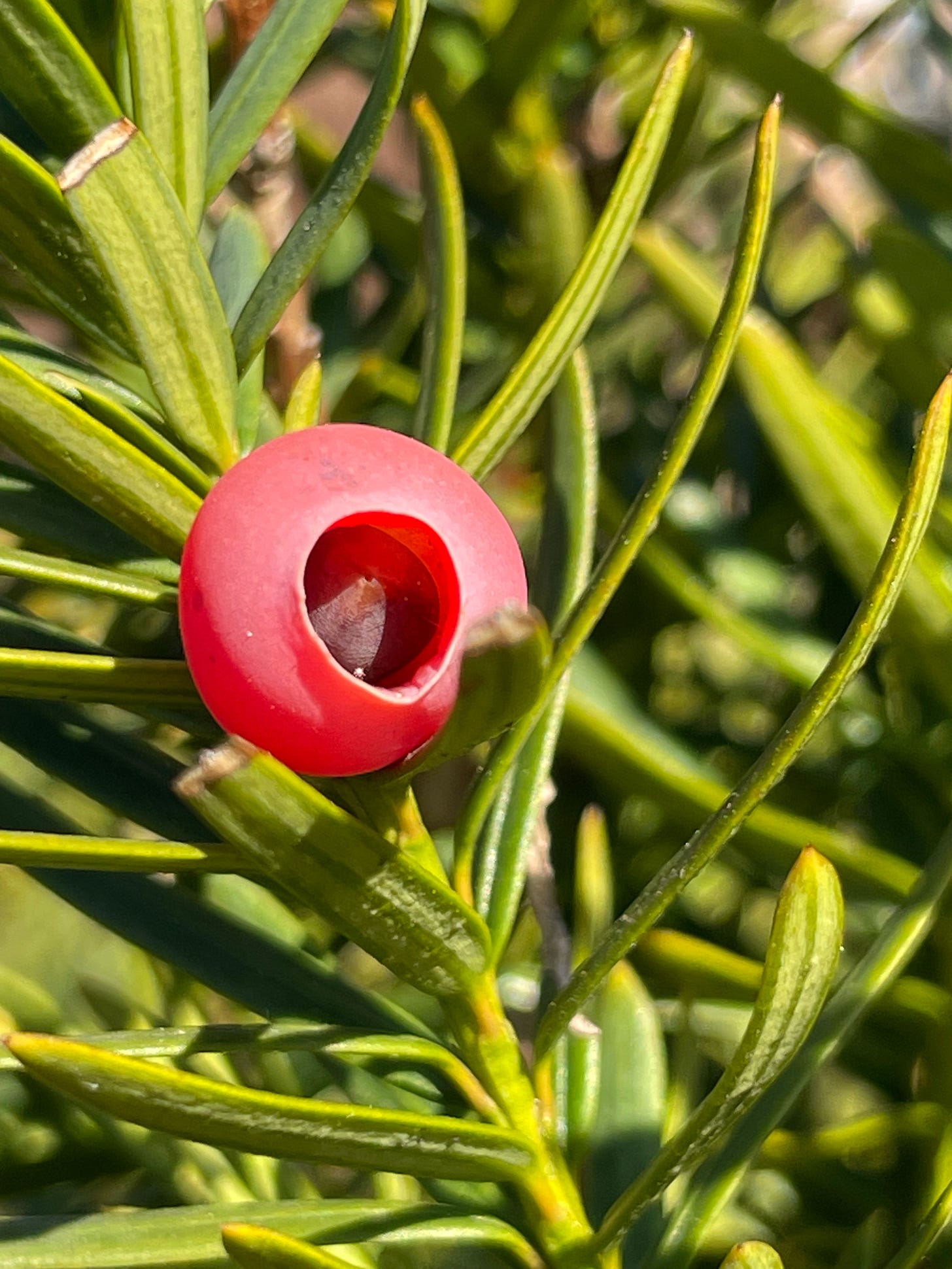Annapolis has a simply spectacular sunny and relatively warm afternoon which is delightful. I hope it’s as satisfying wherever you may be.
Compliments are a topic we often shy from because the act of people praising us often results in feeling uncomfortable. I can’t speak for others but I know that I usually don’t think I really deserve praise. The assumption is ‘Cynthia, you can always do a lot better at ___’.
My parents never gave compliments. It just wasn’t done so I am always surprised how someone would tell me I did something well or even did well enough.
I mentioned to my mother once that I had friends (some of you reading this, for that matter) where compliments were common but I never heard them from her or my father. Without missing a beat, she said ‘Your father believes you can always do better no matter what the topic’. Typical. First, she was taking no role in this conversation on her own behalf (or blame) and second, he wasn’t in the kitchen as we had this wee chat.
Understood was the reality that Scots are, by nature, sufferers. We are supposed to do better, regardless the topic, and we ought not notice things like disparities with other families. Scots must have originated the concept of ‘suck it up’ as that is the most expected behaviour. It definitely set me apart in my self-acceptance but that is another column. I think some would call this Calvinism or some other harsh Scotsism.
I long ago decided to take charge of my own behaviour, including issuing compliments where I find them appropriate. I had a close colleague who rued that by the time they became teenagers, our culture would have celebrated my kids' breathing every morning. He believed we had already woefully gone overboard but he was thinking of it as a swimming coach who saw how we did not want to differentiate between people for fear of hurting feelings. He was, of course, correct this is an aspect which I know that has its own danger (actions create consequences, of course). I am not, repeat not saying we need make everyone feel wonderful, thus making everyone expect unstinting praise 24/7/365.
But, I want a person to understand I noticed a special effort or long sought accomplishment. I became what I believe a serious complimentor. I am serious but not serial as I don’t pursue compliments if there is nothing to celebrate or mention.
When I had to say things about faculty departing from the College as I served either as Dean of Faculty or earlier as Department Chairwoman, I tailored my remarks to what mentionable thing that individual had done. It meant, additionally, I had both to pay more attention to others’ actions and to consider how much impact their actions had on others or situations. In short, this opened my eyes. I did my farewell speeches with specific examples, as a result.
I am far from indiscriminant becauses I am mindful of my brilliant friend Susan, the puppy whisperer extraordinaire, advising me about positive and negative reinforcing behaviour. Her unparalleled success results from relentlessly hammering what she wants to see recur while ignoring undesired behaviours (as hard as the latter may be). If Susan doesn’t want 4 month old Iggy to distribute black lab love to every person who oohs and aahs about Iggy’s beautiful puppy bod, Susan doesn’t penalise Iggy; she does not react which would reinforce Iggy’s behaviour, regardless of Susan’s intent. Turns out that reinforcement is inextricably linked to reacting so one cannot react at all to something one doesn’t want to encourage. Period. This is why she is known around the world as the woman has discipline in what she does.
When I see a person installing chocolate brown vinyl siding on a house, a colour I believe should be banished from the universe, then I most definitely do not tell the offender what a great job she is doing inflicting that hideous colour on the neighbourhood. I want to be sincere; I try remembering my role is to tell someone I like a specific thing rather than try healing all childhood trauma or ending world turmoil (needed but not my job alone these days). If my compliments are genuine, then I should keep my mouth shut rather than impuning the person’s judgement on colour. Keep on mission, Cynthia.
I attempt to specify what I find so positive and, if appropriate, why it attracted my attention. Since I am wordy, that means I sometimes overstate my point but iIam determined the person have a sense of why. It’s just important to me that the person know as answring why questions may lead to reproducing outcomes.
All of this links to a column I happily noted in the newspaper this week. ‘Never underestimate the power of a compliment’ was a reminder not only how important the act is for the receiver but also the rules of engagement on the part of the issuer. It can, as I have learned and the author reminded the readers, leave an all day glow on someone’s face or set into motion some thoughts that reframe the receiving person’s approach to a problem.
Life changing? Perhaps not but maybe so. I can opine, with personal experience, that a compliment about an analysis or a photograph can spur me forward to strive for more. I still recall as compliment a junior faculty member paid me in September 1998 that warms my hear.
Compliments can be essential to teaching, in fact. We had a professor at Notre Dame who was a bit of a curmudgeon on so many things but taught me the sheer power of instilling confidence through compliments. He found an attribute for each and every student making a seminar contribution, in a few cases utterly inane contributions, that allowed the student, if she or he sought to improve, to build upon to increase confidence in what can be an exceptionally deflating profession. It took me about two days to become fixated with this guy’s technique as I had never seen anyone so effective. For those he helped, it might have been a lifechanging experience built on compliments.
The New York Times thus delighted me this week with a reminder of the enduring nature of compliments in an era of such unremitting hostility, criticism, and belittlement. No one wants to confront humiliation, ensuring many people in today’s environment say nothing for fear it will engender rough reactions even if they want to alter a situation. Compliments can help with this for the receiver.
Actions create consequences. The benefits often may not be instantaneous but may be profoundly important and enduring. Compliments are in our individual power to issue so perhaps we each can try a compliment here or there (no, no, not everywhere as that would diminish the value) to make a change. That change could have bigger potential beyond ourselves perhaps. Without that change, we certainly won’t know, will we?
Thank you for reading Actions Create Consequences. As I said yesterday in ‘day in and day out’, I will start an open forum for paid subscribers beginning this Friday. I am offering a 20% discount if one undertakes a subscription by 1 December. In any case, i am so pleased you are here and hope you will provide some feedback on your own experiences with compliments. I am curious how you have felt when issuing or receiving them!
Be well and be safe. FIN
Jancee Dunn, ‘Don’t underestimate the power of a compliment’, NewYorkTimes.com, 3 November 2023, retrieved at https://www.nytimes.com/2023/11/03/well/live/how-to-give-compliments.html
Cynthia Watson, ‘Day in and day out’, https://cynthia.watson.substack.com/p/day-in-and-day-out



